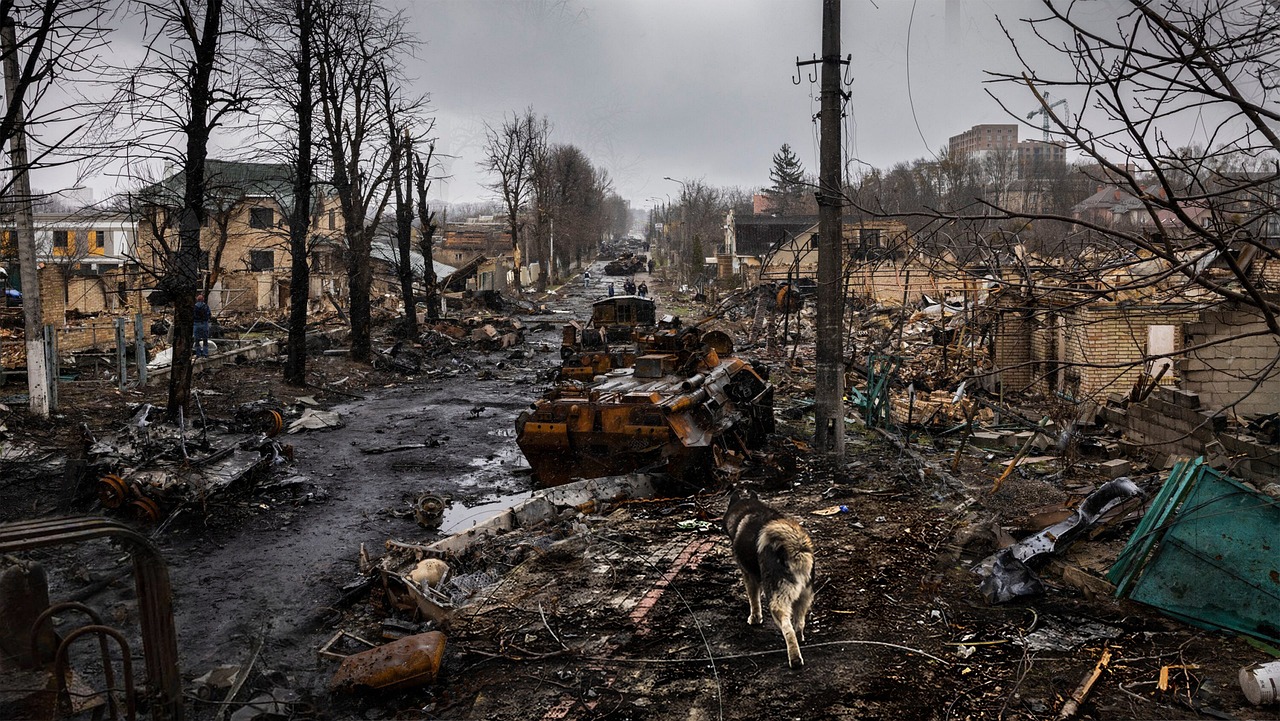First, the possibility of Mutual Annihilation prevents outright hostility. With nuclear stockpiles major powers attacking each other would lead to full devastation. This disincentive has, up to now, stopped outright fighting between nuclear-capable opponents.
Too tightly interlaced economies make countries think twice about escalating disputes. Today's co-dependent financial systems and trade partnerships would crumble if a global war happened and most experts argue no nation could handle the instability making war an unappealing choice for conflict resolution.
Additionally, organizations like the UN and NATO actively preserve stability. These institutions moderate disputes before things spiral out of control. Compared to the past, current diplomatic efforts and conflict mediation protocols are more robust and institutionalized, decreasing the chances of outright global war.
Lastly future wars likely wont be open battles between powerful enemies. Asymmetric tactics, cyber-attacks, and surrogate forces allow nations to damage opponents without direct fighting.
Nowadays we see more small conflicts instead of big global wars like in the past. The ways countries fight has changed too, with more hacking money restrictions, and messing with information. Doing stuff like that lets leaders use force without sending troops everywhere. Countries are less likely to start a huge war since that threshold is higher. The fights usually stay local.
Also, regular people often don't want more giant wars - the last ones were too awful and leaders in democracies have to think about what voters want, and citizens mainly want peace.
Advanced tech for spying and intelligence helps prevent surprise attacks from causing a world war. Warning systems and being connected globally can calm things down before big fights start.
So while we still see violence another global war probably won't happen. People don't have the appetite for it anymore.


